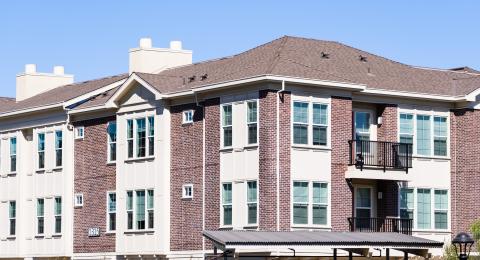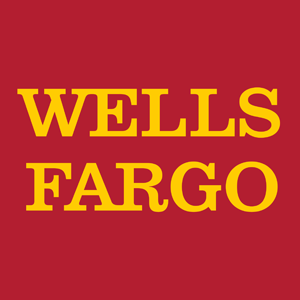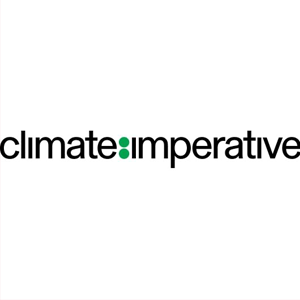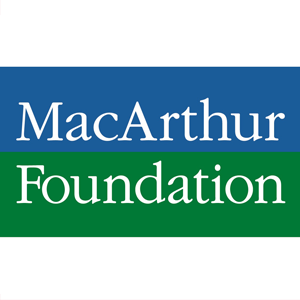POLICY AND PRACTICE: Multifamily Housing
Decarbonizing affordable rental housing is critical to mitigating climate change and achieving sustainable development goals. As the global focus on carbon reduction intensifies, it is increasingly important to address the challenges and harness the benefits of decarbonizing this crucial sector.
Just as importantly, decarbonizing affordable housing can promote critical social equity goals by lowering costs for tenants and housing providers, improving health and well-being, supporting equitable workforce development outcomes, and promoting resilience to extreme weather events.
Research and Publications
WHITE PAPER: Advancing Decarbonization in Regulated Multifamily Affordable Housing
To fully achieve bold climate goals and meet housing needs, wholesale solutions must be implemented at the Federal level - including substantial changes in building codes, tax codes, and standards for financing - ultimately creating efficiencies and competition that will bring the price of decarbonization down, drive private market participation, and promote scale. Several components of such extensive changes are actionable at Federal agencies, rendering their programming key entry point for achieving climate change mitigation goals. This white paper, along with its companion webinar, Federal Regulatory Approaches for Decarbonizing Affordable Multifamily Housing, held June 27, 2023, and available below, explores these opportunities.
This strategy guide was authored by Adam Kent, Natural Resources Defense Council (NRDC); Eric Hangen, University of New Hampshire's Center for Impact Finance (CIF); and Olivia Walker (NRDC), with Susan Leeds of Garrison Associates providing key contributions throughout. In it, the authors make the case that equitable investments in energy efficiency and electrification in multifamily housing properties for low-income and disadvantaged communities (LI/DAC) should be a key strategy for the EPA's Greenhouse Gas Reduction Fund (GGRF). Further, the guide describes the potential opportunities in this sector and makes concrete recommendations to ensure efficiency, effectiveness, accountability, and above all else equity in implementation. The guid maintains a tight focus on these specific assets and the market sector that designs, develops, and finances them.
This guide informed the webinar Greening the Affordable Multifamily Market Sector in Low-Income and Disadvantaged Communities, held July 6, 2023, which is available below.
Education and Training
WEBINAR: Federal Regulatory Approaches for Decarbonizing Affordable Multifamily Housing, held June 27, 2023
Moderator: Esther Toporovsky, NYC Housing Partnership
Panelists:
- Sadie McKeown, Community Preservation Corporation (CPC)
- Lauryn Enrico, Federal housing Finance Agency (FHFA)
- Stockton Williams, National Council of State Housing Agencies (NCSHA)
HP Sustainability and Housing Sustainability Advisors, in collaboration with the Center for Impact Finance at the University of New Hampshire, and with the generous support of the Wells Fargo Foundation, have spoken with many expers in the field and developed a white paper Advancing Decarbonization in Regulated Multifamily Affordable Housing which outlines the most impactful federal policy levers to advance decarbonization in multifamily affordable housing.
At the event on the 27th the team shared their findings and recommendations. In addition, experts who work in the space helped elevate practical, high-impact policy levers.
WEBINAR: Greening the Affordable Multifamily Market Sector in Low-Income and Disadvantaged Communities, held July 6, 2023
Co-Hosts:
- Center for Impact Finance, Carsey School of Public Policy, UNH
- Natural Resources Defense Council (NRDC)
Moderator: Adam Kent, NRDC
Panelists:
- Lauren Ahkiam, Los Angeles Alliance for a New Economy
- Mark James, UrbanGreen
- Bomee Jung, Cadence OneFive
- Sadie McKeown, Community Preservation Corporation
In this third webinar in our Equitable Greenhouse Gas Reduction Webinar Series, we addressed why and how to "green" the affordable multifamily market sector in and for low-income and disadvantaged communities.
This conversation was informed by the findings and recommendations in the Equitable Strategy Guide: A Toolkit for Greenhouse Gas Reduction through the Greening of the Affordable Multifamily Market Sector in Low-Income and Disadvantaged Communities which was developed through a "sprint" design lab process led by CIF and NRDC and informed by deep, hands-on expertise shared through focus groups of community development lenders and clean energy industry players.
The white paper Advancing Decarbonization in Regulated Multifamily Affordable Housing and companion webinar have been developed by Housing Sustainability Advisors with the Center for Impact Finance at the Carsey School of Public Policy, University of New Hampshire. This project is supported by the Wells Fargo Foundation and the work of NRDC is supported by the Climate Imperative Foundation and the MacArthur Foundation.
The Equitable Greenhouse Gas Reducation Webinar Series and the equitable strategy guides have been developed by the Center for Impact Finance and NRDC. The work of the Center for Impact Finance was supported by Wells Fargo Foundation and the work of NRDC is supported by the Climate Imperative Foundation and the MacArthur Foundation.



